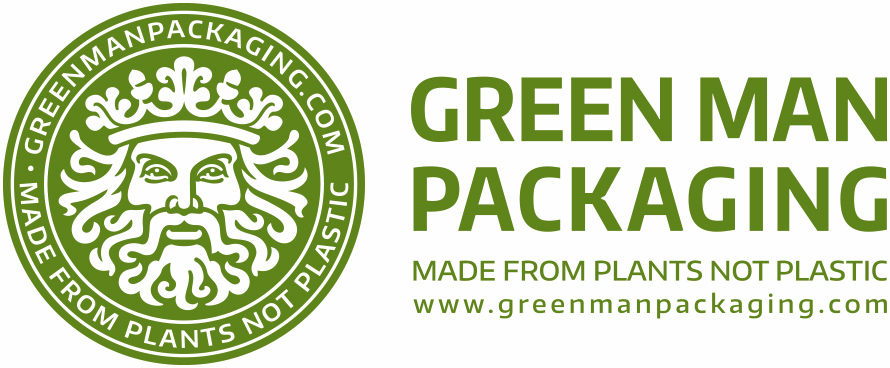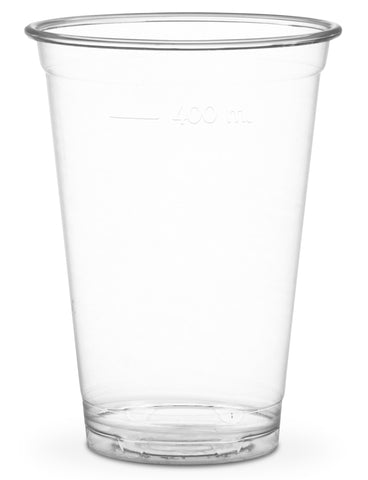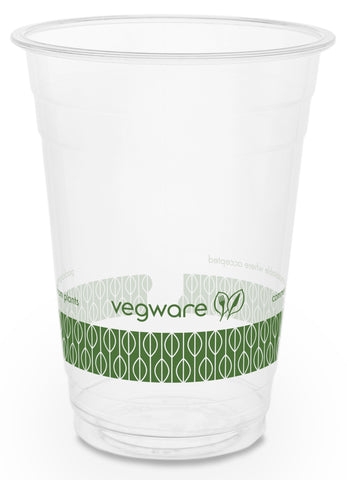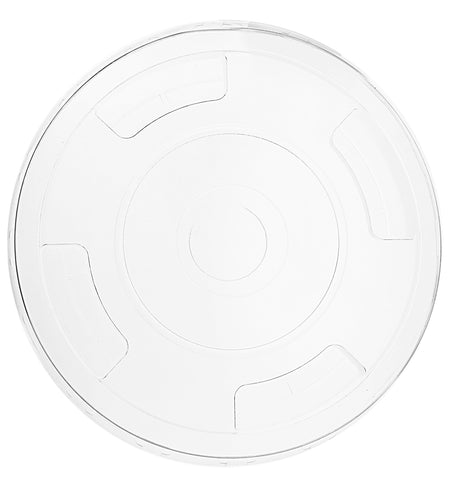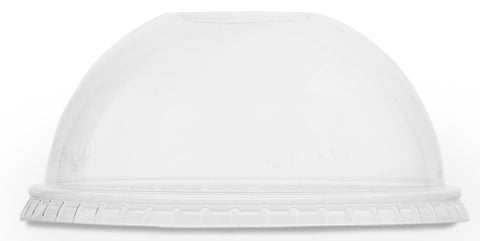
January 2020 - Environmental Highlights
2020 marks a new decade, and people across the globe are determined to make little changes to make a big impact on our plastic crisis.
Throughout January we've seen the devastating impact bushfires across Australia have had on people, animals and the environment. This disaster has sparked calls for change among government, politicians, businesses and individuals.
Here's our round up of the top environmental headlines for January 2020.
1. Tesco to stop the sale of plastic wrapped multipacks
Tesco has announced that it will stop selling shrink wrapped multipacks of baked beans, soup and tuna. It will instead offer permanent offers on multi-buy deals. This comes as the retailer begins the mammoth task of removing non-recyclable and excess waste from its offerings.
2. Sustainability now a key consideration for consumers when dining out
A report has shown that 83% of people expect brands to engage in some form of sustainability. 41% of consumers said they would be prepared to pay more to know that their dining experience was a sustainable one and 25% said they would pay more for environmentally friendly packaging.
3. China to ban plastic bags in all major cities by end of 2020
China has begun to phase out single-use plastics in a bid to tackle one of the country's biggest environmental problems. It has been announces that plastic bags will be banned in all major cities by the end of 2020.
4. Airlines are pledging to cut down on single-use plastic waste
In 2018, airlines generated around 6.7 million tons of cabin waste. Some airlines are trying to tackle the issue such as Air France who have pledged to cut out 210 million pieces of plastic. Plastic products will be swapped out for alternatives including paper cups, bio-based cutlery and wooden stirrers.
5. High court in Bangladesh orders ban of single-use plastics in hotels and restaurants
The high court has placed a ban on straws, cotton buds, cigarette butts, food packaging, food containers, bottles, plates, plastic cutlery and plastic bags in one year citing that they are health and environmental hazards. The high court also ordered the government to strictly enforce the ban on polythene and throwaway plastic bags across the country.
6. Malaysia returns 42 shipping containers of illegal plastic waste to the UK
Last year the UK was singled out by Malaysia's environment minister, who said: "What the citizens of the UK believe they send for recycling is actually dumped in our country."
The UK Environment Agency said the returned waste was the responsibility of the private companies that exported it and it must be handled according to UK regulations.
7. Dutch invention uses bubbles to trap plastic waste in rivers
8. Coca-Cola announced that it won't ditch plastic bottles
Coca-Cola announced that it won't stop using plastic bottles. The brand produces around 3 million tonnes of plastic packaging per year and was found to be the most polluting brand in a global audit of plastic waste by the charity Break Free from Plastic.
Research that looked at the shopping habits of 30,000 households found that 1.3 million people gave up animal products for January in 2019, the majority of them doing so for the first time. After the month was over, many of those people went back to eating animal products but in reduced amounts, with the effect carrying into July or even later.
10. Majority of Brits surveyed would prefer their turkey wrapped in compostable packaging
3 in 4 Britons felt guilty about the packaging waste they produced over Christmas. Around 10 million turkeys were predicted to be consumer over Christmas, the majority of which will be wrapped in unrecyclable flexible plastic packaging. Research showed 83% are unsure of what plastic can be recycled.
Two-thirds (66%) of Brits said they would prefer their turkey to be wrapped in compostable packaging with only 4% saying they would not want it wrapped in compostable packaging.
